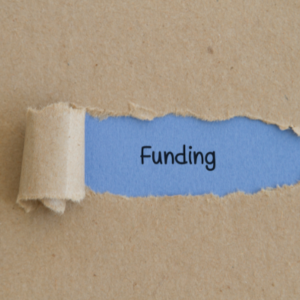The Trump administration has proposed a “reframing” of the global asylum system, based on five principles: that nations have the right to control their borders, there is no inherent right to immigrate or receive asylum in a country of choice, refugee status is temporary, sovereign states determine whether conditions in a country of origin allow for return, and every country must accept the expeditious return of its nationals. While the US remains a party to the 1967 Refugee Protocol, it is not party to the 1951 Refugee Convention. The administration has not indicated any intent to withdraw from the Protocol but is reviewing all treaties under a 2025 Executive Order.
Amnesty International has raised concerns about the proposal, noting its absence of reference to the principle of non-refoulement, which prevents states from returning individuals to countries where they face serious human rights violations. A key aspect of the proposal would require asylum seekers to claim protection in the first country they enter. This would disproportionately affect poor and racialized refugees from Global South countries, restricting their ability to seek safety and placing greater burdens on middle- and low-income countries that already host most refugees. The policy would limit asylum rights based on geography rather than need or safety and could severely impact individuals from regions with weak protection systems.
Evidence shows that most refugees already remain in the first country they enter, with 67% living in neighboring countries and 73% hosted in low- and middle-income states. However, protection may not always be available locally, forcing asylum seekers to move elsewhere. Recent examples include the unlawful forced return of Afghan refugees from Iran and Pakistan, as well as human rights abuses against LGBTI refugees in Kenya and other African nations. US law already bars asylum for those firmly resettled elsewhere, underscoring that asylum-seekers typically do not “choose” countries arbitrarily.
Refugee status is not inherently permanent; it continues only as long as the individual meets the criteria and may be reviewed when conditions in the country of origin change. Many asylum systems, including in the EU, periodically reassess protection, while in the US, refugees may naturalize and contribute significantly to the economy. The proposal would mark a further shift in global responsibility, reinforcing a trend among Global North countries to avoid hosting refugees and shifting the burden onto Global South nations, which already accommodate the majority of displaced populations. Similar approaches have included offshore detention centers, EU “safe third country” agreements, and US border restrictions, all of which reduce access to asylum.
While countries have the authority to manage borders, this power is constrained by human rights obligations, particularly the principle of non-refoulement. Individuals have the right to seek asylum and must be provided fair and effective procedures for determination. The 1951 Refugee Convention and its 1967 Protocol define refugee status and obligations of protection, with the Protocol expanding coverage globally and removing geographic or temporal limits. Regardless of ratification, all states are bound by customary international law to uphold non-refoulement, ensuring individuals cannot be returned to places where they face persecution and allowing procedural safeguards to challenge transfers.
Overall, the Trump administration’s proposal is viewed as a politically motivated attempt to weaken global asylum protections. It threatens vulnerable refugees by restricting mobility, undermining international responsibility-sharing, and disregarding established human rights norms, without evidence-based justification for reforming the existing global asylum framework.







